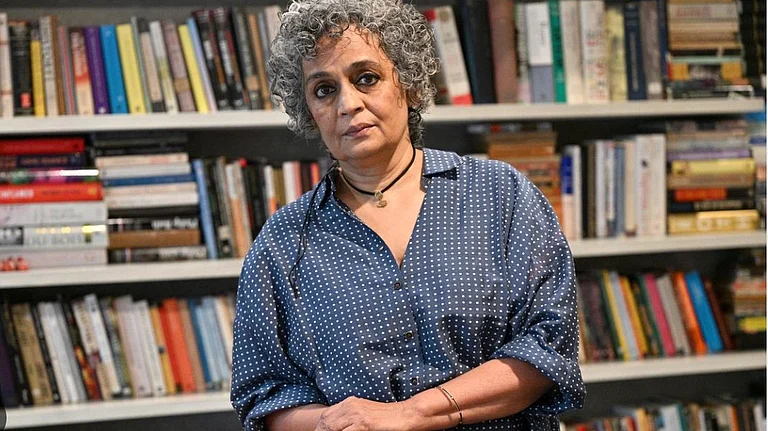Besides, these two petitions, other petitions are also pending before the court. A plea was filed by Shah Faesal, bureaucrat-turned-politician, along with Shehla Rashid, and there was another plea filed by a group of former bureaucrats and defence officers challenging the Centre's decision.
The provisions of Article 370 that granted special status to the erstwhile state were abrogated on August 5. The region was bifurcated into two Union Territories, slicing Ladakh out as a separate UT.


























